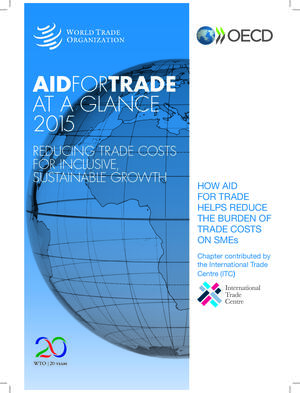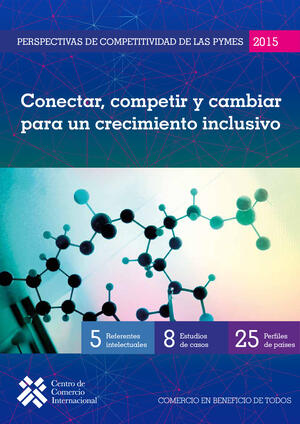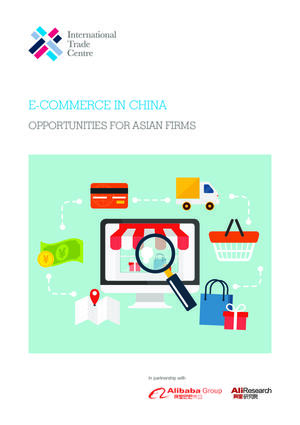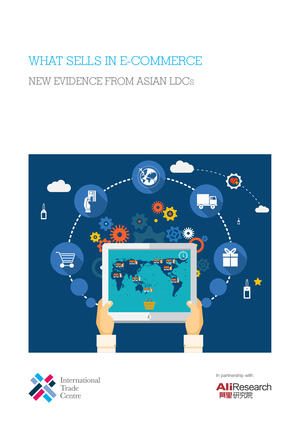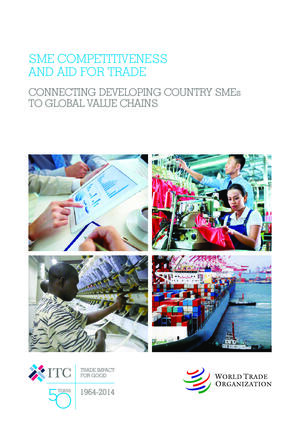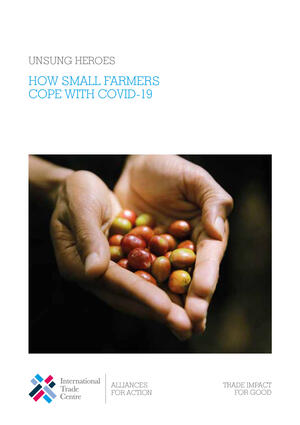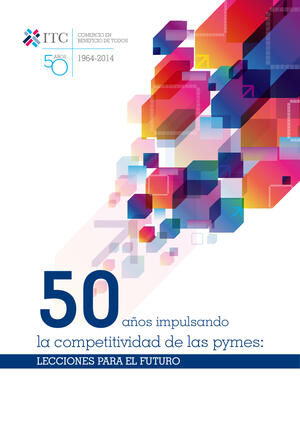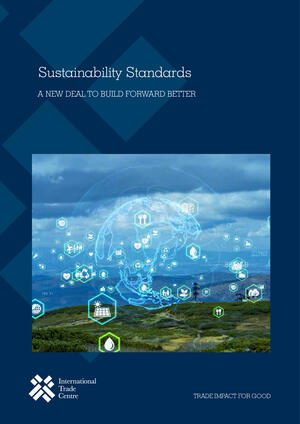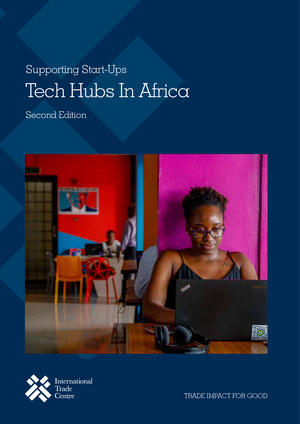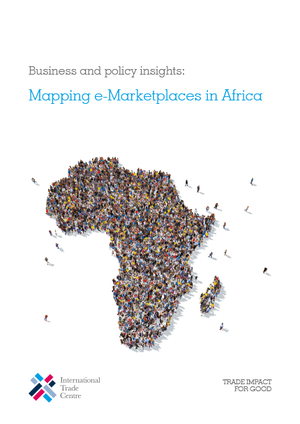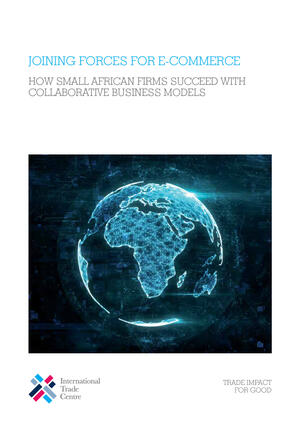Aid for Trade at a Glance 2015 - Reducing Trade Costs for Inclusive, Sustainable Growth (en)
Greater access to information about export opportunities is essential for determining SME export success.SMEs which participate in international trade are more productive than those which do not. Integration into global and regional markets is thus likely to help close the productivity gap between...




